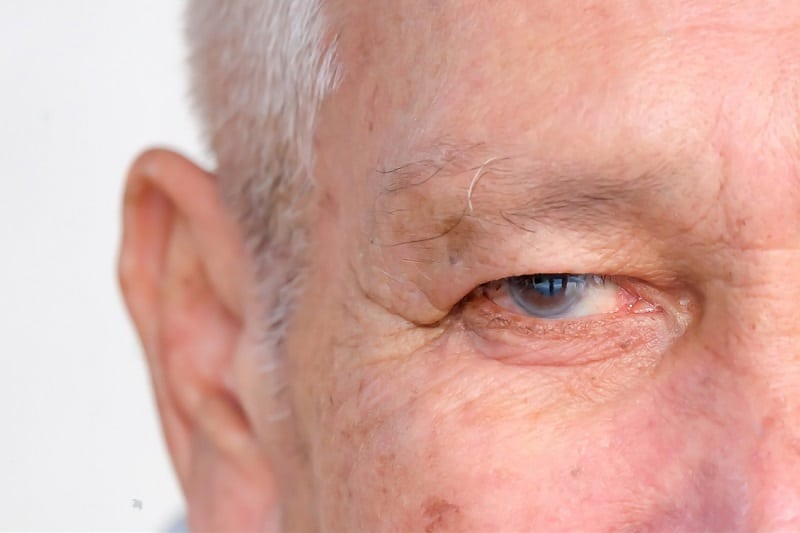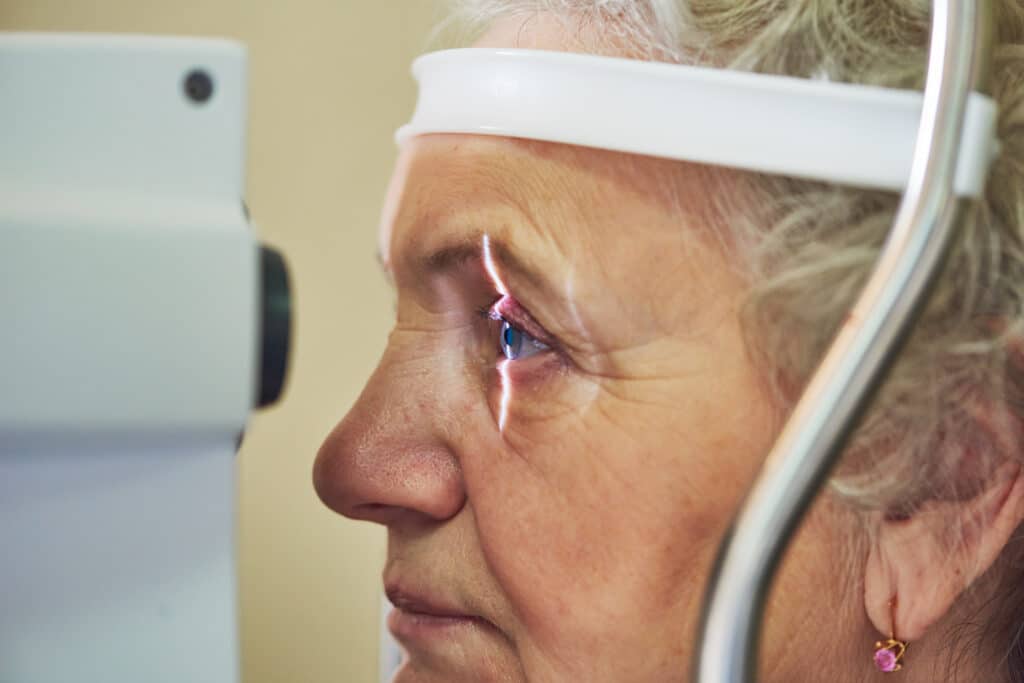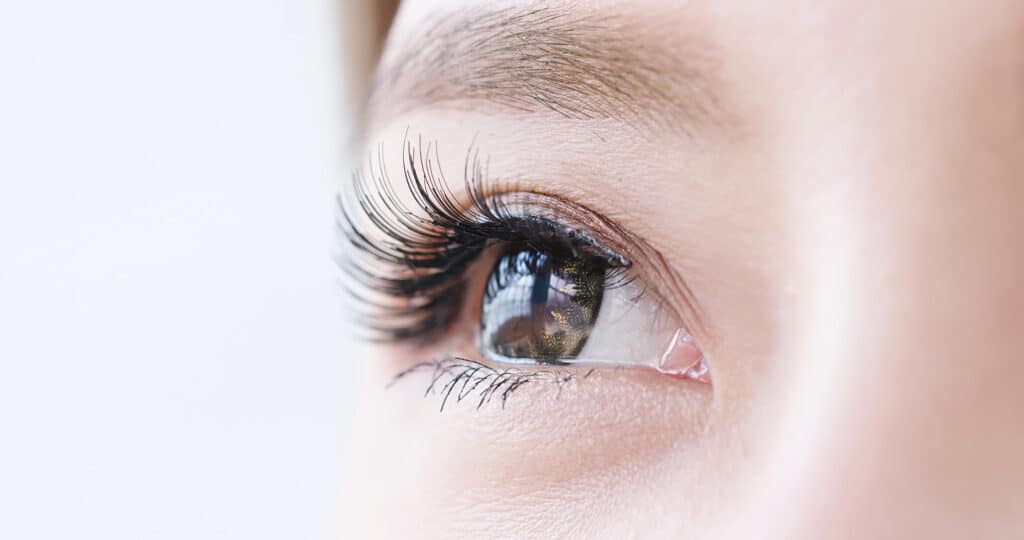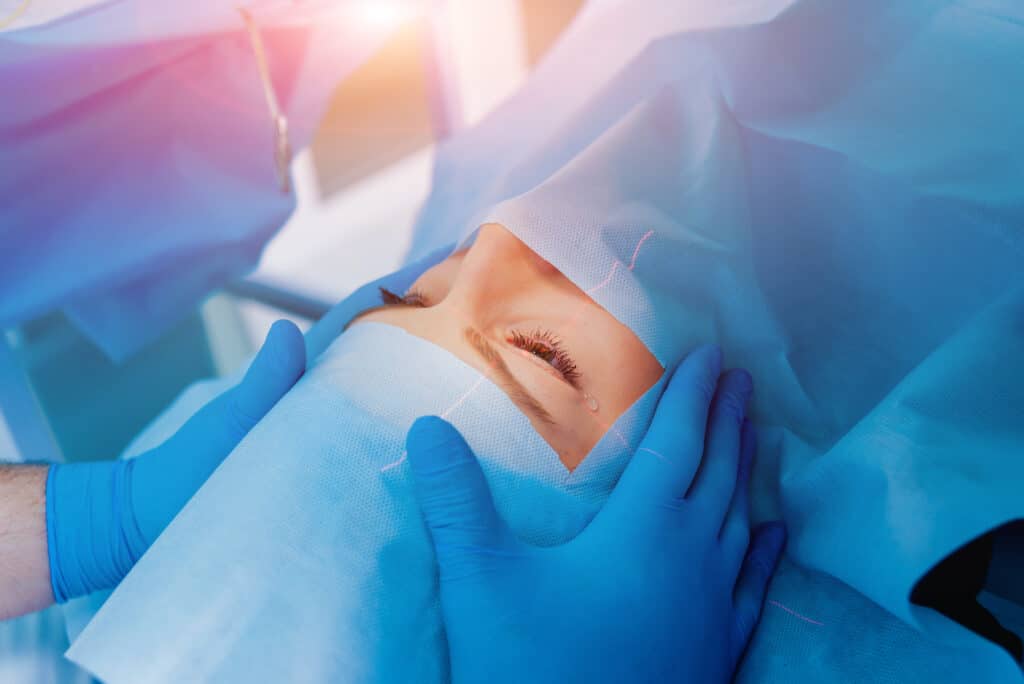After Cataract Surgery: Dos and Don’ts
September 15, 2020
Vision loss due to the development of a cataract in the eye is highly common. Fortunately, cataract surgery is safe, frequently conducted, and painless. By replacing your natural (clouded) lens with an artificial one, you will experience restored vision without the risk of cataracts returning in the future.
Once you have completed your cataract surgery you will be well on your way to a better lifestyle with the visual clarity you have longed for for years. Still, you will need to be mindful of giving yourself ample time to recover while following the post-operative recommendations provided by your doctor. Here are a few things to keep in mind as you recover from cataract surgery.

How Long Should You Rest After Cataract Surgery?
In comparison to other notable eye surgeries, the recovery time from cataract surgery is relatively quick. While each person heals differently, many patients report drastically better vision within the first 24 hours of the procedure. Plan on taking one to three days off of work to be sure you have enough time to rest, but it is normal to resume most normal activities within a couple of days. Simple diversions like reading, watching TV, writing, and walking are okay to resume as soon as you feel up for it after your eye surgery.
Still, the healing process needs to run its course and vision may fluctuate slightly for the first few weeks before fully stabilizing. Your eye should be structurally healed from surgery in approximately one month, but it is best to allow your doctor to determine when the recovery is complete.
As you heal, there are a few things to consider in the first two weeks after surgery that will help your recovery time:
- Do not drive until after the first day following your surgery.
- Do not perform heavy lifting or strenuous activities.
- To help prevent infections, do not swim or use a hot tub.
- Do your best to not rub your eye(s) after surgery.
- Do not wear eye makeup and consider avoiding face cream or lotion.
- To prevent irritation of the eyes, avoid settings with higher levels of dust, wind, pollen, and dirt.
- Wear sunglasses on bright days. This may need to continue for up to a year after cataract surgery.
While recovering in the days following surgery, it is normal to experience mild swelling or inflammation of the cornea which can result in hazy, wavy, or distorted vision. You will receive medicated eye drops to help prevent infection and reduce inflammation. It is important to note that even if you do not experience any complications or feel like your eyes are fully recovered you should still follow all directions from your doctor — including continuing your eye drops routine for the full duration.
The Path to Clearer Vision Starts Here
How Should I Sleep After Cataract Surgery?
You will be provided with a protective shield for your eye that should be worn during sleep (even naps) for at least the first week after your cataract surgery. This will help you avoid rubbing your eyes and/or causing an accidental injury to your eye while it is in the recovery phase. Aside from the eye shield, this procedure should not require any significant changes to your sleep routine. If you are a side sleeper, it may be beneficial (and more comfortable) for you to sleep on your non-operative side to help avoid applying any additional pressure as the eye heals. If eye pain or discomfort is affecting your sleep, you should address it with your doctor to help determine potential solutions or treatments.
How Do You Wash Your Face After Cataract Surgery?
Your surgery should not come at the expense of your hygiene, however you should avoid exposing your eye to direct water contact for at least a week. You can resume washing your face the day after your surgery while being careful to not touch your eye. It is recommended that you do not splash water directly on your face, rather use a washcloth to carefully clean your face. While your surgery incisions should close and heal within a few days, it is important to continue to be diligent about not getting water in your eye during the initial recovery period. Be sure to always have your eyes closed when washing your face and avoid rubbing the healing eye.
What Foods Should You Avoid After Cataract Surgery?
As your eye heals from your cataract surgery, try to focus on maintaining a diet that is beneficial to your overall health, including fiber-rich whole foods, leafy green vegetables, and lean protein. The foods that you will want to avoid are the ones that are generally associated with poor eye health, including foods that are high in sugars or are high in refined carbohydrates (such as bread, pastas, chips, cereals, etc.). These foods can spike blood glucose levels in the body and can lead to damaging blood vessels in the eye, ultimately slowing down your recovery time after surgery. An easy way to do this is to avoid processed foods and foods that are broadly considered to be “junk food.”
Conclusion
As your eye goes through the recovery phase from cataract surgery, it is important that you do what you can to help the process go smoothly. There is a lot to consider, but by following your post-operative instructions, avoiding strenuous activity, and protecting your eye from debris and physical contact you will be well on your way to a healthy eye and much-improved vision.
If you are considering cataract surgery for yourself or a loved one, please reach out to us at Heart of Texas Eye Institute for a free consultation.
Additional Reading:
Three Types of Cataracts and Their Treatments
Preparing for Cataract Surgery


